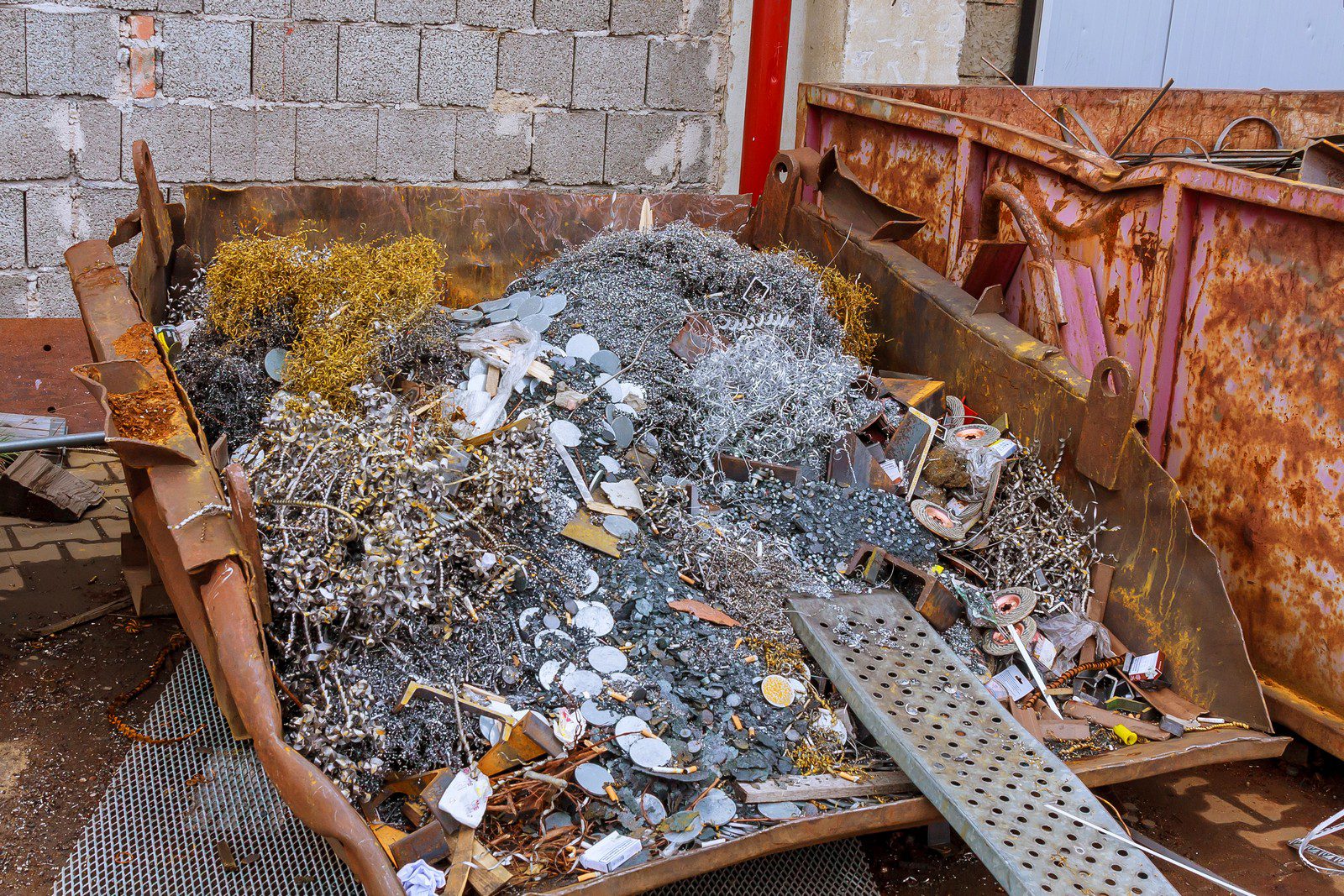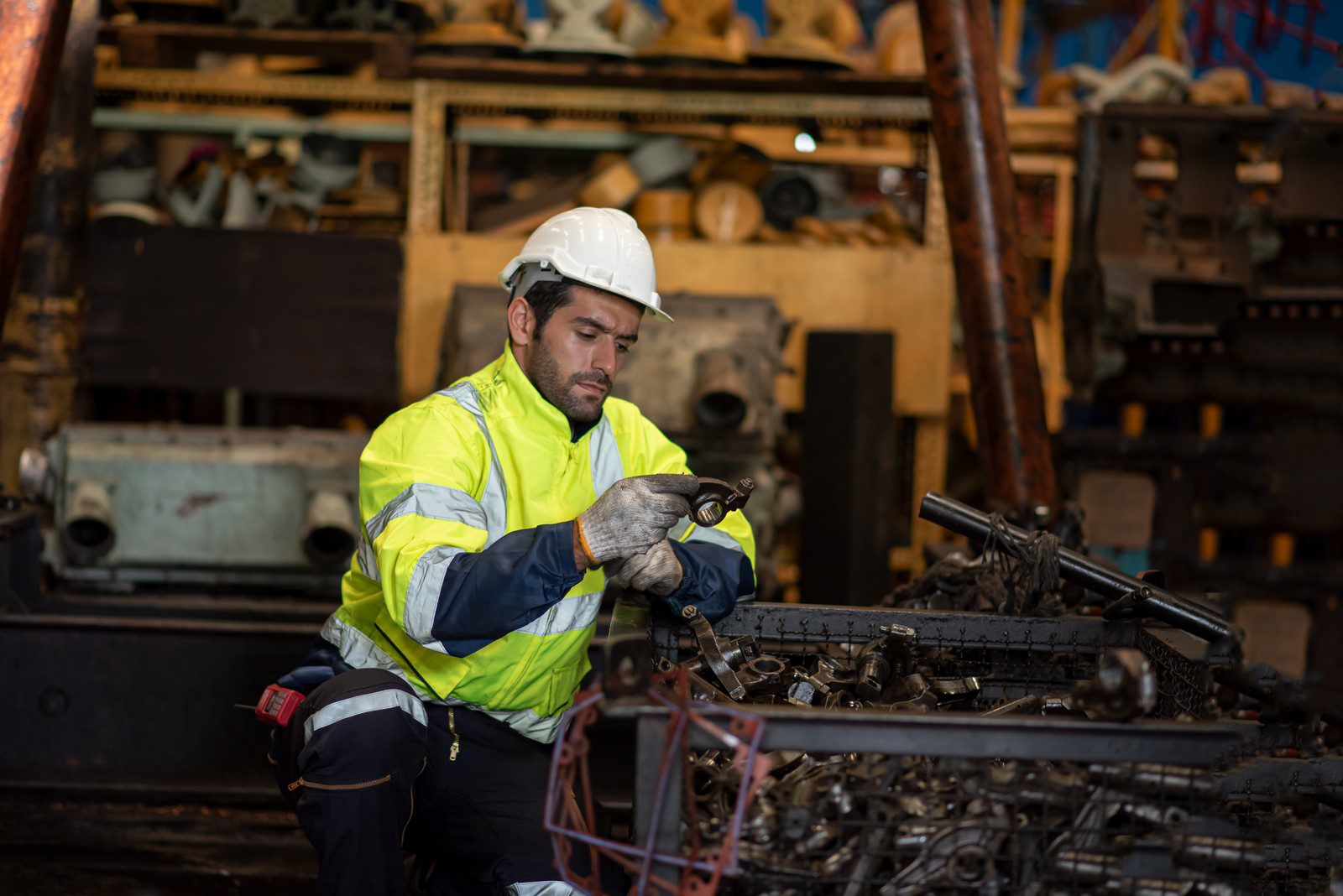The Environmental Benefits of Choosing a Reputable Metal Recycling Service


Introduction
In a world increasingly focused on sustainability, the choice of where and how to recycle metal is more important than ever. DWL Metal Recycling not only offers a vital service but also plays a critical role in conserving the environment. By choosing a reputable metal recycling service like DWL Metal Recycling, you're not only disposing of your waste responsibly but also contributing to a greener future.
In this article, we'll explore the environmental benefits of recycling metal, the reasons DWL Metal Recycling is a leading choice for eco-conscious recyclers, and how this service is integral to not just waste management but also resource conservation.


Why Metal Recycling is a Pillar of Environmental Sustainability
Conserving Resources and Energy
Metals are finite resources. Recycling them means less mining and quarrying, preserving natural habitats and reducing energy consumption associated with raw material extraction. DWL Metal Recycling takes this approach, ensuring that every scrap piece of metal is transformed and repurposed, reducing the demand for new metal production.
Reducing Greenhouse Petrol Emissions
The process of recycling metals is significantly less energy-intensive than producing virgin metals from ore. This reduced energy requirement translates into lower greenhouse petrol emissions. By refining and repurposing scrap metals, DWL Metal Recycling helps mitigate climate change by decreasing the carbon footprint of metal production.
Combatting Pollution and Preserving Air Quality
Metal extraction, processing, and refining contribute to water and air pollution. Effective recycling services decrease the need for these processes, thereby preserving air quality and safeguarding water bodies from toxic runoff. DWL Metal Recycling's state-of-the-art processing facilities are designed to minimise waste and contaminants, showcasing their commitment to environmental protection.
DWL Metal Recycling: A Leader in Environmentally Conscious Metal Recycling
Cutting-Edge Technology and Processes
DWL Metal Recycling employs the latest recycling technology, advancing towards a future where recycling is not just necessary but also efficient and clean. Their processes, from sorting to processing, are optimised to extract maximum value from each recycled material, reducing waste and ensuring a high recycling rate.
Compliance with Environmental Regulations
Adhering to stringent environmental guidelines is at the forefront of DWL Metal Recycling's operations. By complying with and often exceeding legal standards, they not only ensure responsible recycling practices but also provide peace of mind to customers who care about ethical and environmental implications.
Local Service with a Global Impact
Recycling locally with DWL Metal Recycling contributes to a global effort to conserve resources and protect the planet. Their services ensure that the metals from your community are processed with an eye toward environmental preservation, tying local actions to a worldwide sustainability movement.




The Unique Benefits of Recycling with DWL Metal Recycling
Expertise in Recyclable Materials
Understanding the nuances of different metals is essential for effective recycling. DWL Metal Recycling's team is well-versed in identifying and processing a variety of metals, ensuring that each type is recycled to its fullest potential.
Transparent and Ethical Business Practices
Transparency is crucial in the recycling industry. DWL Metal Recycling upholds ethical business practices, providing clear communication and transparent methodologies in their operations, fostering trust with clients and partners.
Encouraging Community Involvement
A crucial aspect of DWL Metal Recycling's approach is community engagement. By educating and involving the local population in recycling efforts, they foster a culture of sustainability that extends beyond their direct services.
Frequently Asked Questions about Metal Recycling
Q1: What types of metal can be recycled?
A1: Almost all metals can be recycled, including ferrous metals like steel and iron, and non-ferrous metals like aluminium, copper, and brass. DWL Metal Recycling has the expertise to handle a broad range of metals with efficiency and precision.
Q2: Why is recycling metals preferable to extracting new material?
A2: Recycling is vastly more energy-efficient and environmentally friendly. It conserves natural resources, reduces emissions, and minimises waste, making it a sustainable alternative to new metal extraction.
Q3: How is metal recycling beneficial to the economy?
A3: Metal recycling generates employment, stimulates local economies, and contributes to a circular economy where materials are kept in use for as long as possible, reducing waste and the cost of materials.


Conclusion: Embrace Eco-Friendly Metal Recycling with DWL Metal Recycling
Metal recycling is essential in our collective efforts to create a sustainable future. Engaging with a reputable recycling service like DWL Metal Recycling is a straightforward yet impactful step towards environmental stewardship. Remember, when you recycle metal, you don't just get rid of waste—you participate in a crucial conservation effort.
Recycling with DWL Metal Recycling offers a comprehensive, environmentally conscious solution that benefits not only the planet but also the local community and the broader economy. You now understand the importance of responsible metal recycling and why DWL Metal Recycling is an excellent choice for your recycling needs.
Take action today for a greener tomorrow. For further information or to discuss your metal recycling requirements, contact DWL Metal Recycling and become part of a sustainable solution!
We're Here to Help! Get in Touch with us Today
Read Some of our Other Blogs
- How Metal Recycling Benefits the Environment and Your Wallet
- Recycling Metal for a Sustainable Future: The Importance of Proper Metal Disposal and Recovery with DWL Metal Recycling
- The Magnificent Metals Recycling: Revolutionizing Waste Management with DWL Metal Recycling
- The Sustainability Edge: Why DWL Metal Recycling is Your Go-To in the UK

